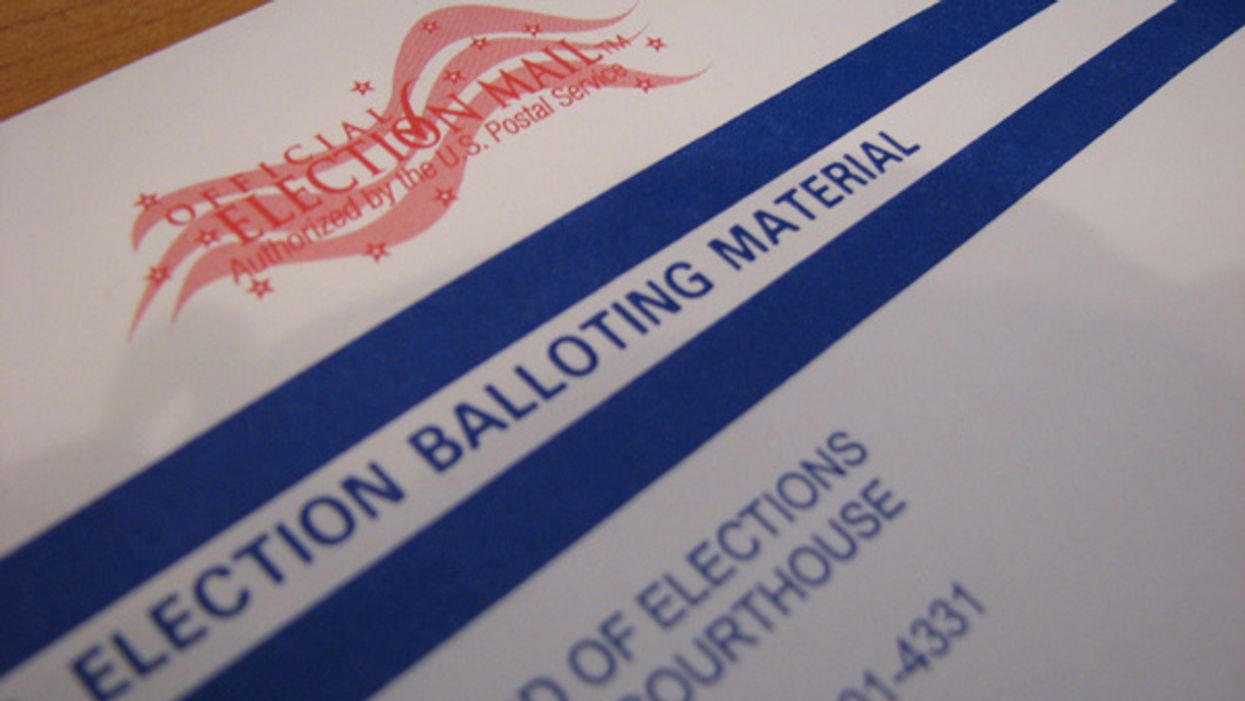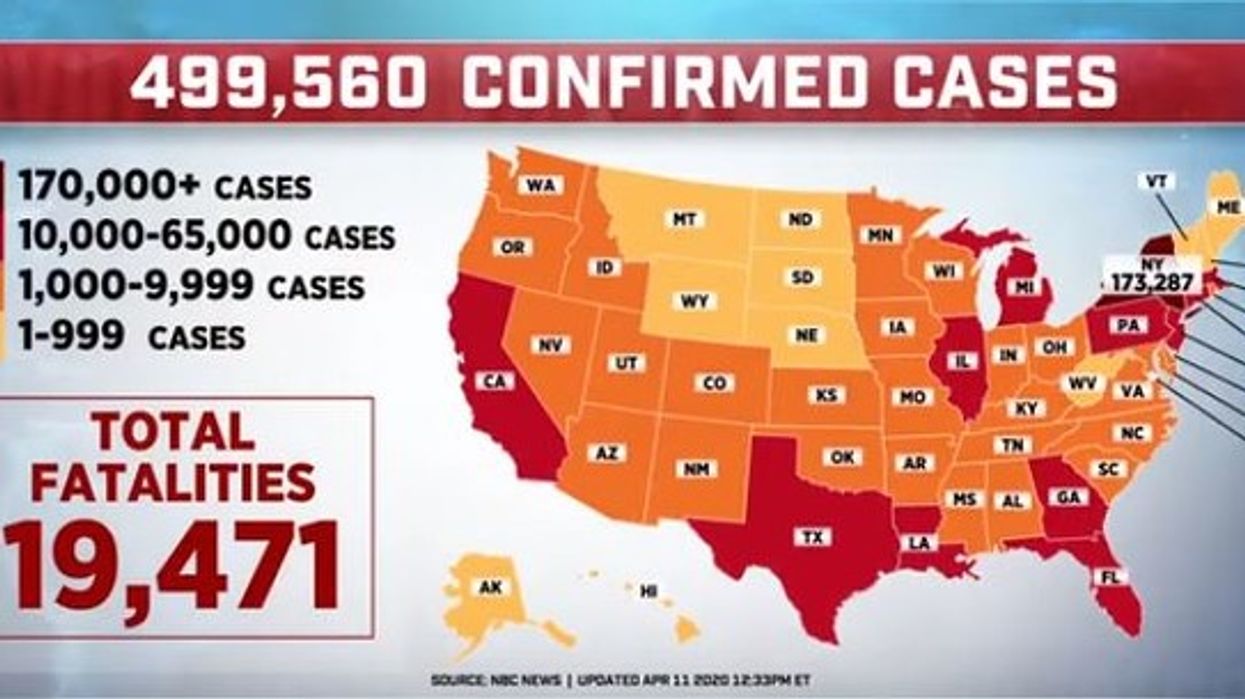The Simple Strategy That Can Defeat Trump’s Plan To Steal The Election
Reprinted with permission from Alternet
This article was paid for by AlterNet subscribers. Not a subscriber? Try us and go ad-free for $1. Prefer to give a one-time tip? Click here.
A small silver lining in this fraught moment in history is that Donald Trump and his cabal aren't at all subtle.
As I've mentioned before, Trump's relentless demagoguery of mail-in balloting has had the desired effect, with Republicans far more likely than Democrats to say they plan to cast a ballot in-person this fall.
But Trump's clunky scheme to steal an election by causing mayhem in the postal system is really easy to foil. If you are not at high risk for serious illness or death from Covid-19, you should really consider masking up, grabbing some hand-sanitizer and voting in person. If you can vote early, do that–it should minimize your potential exposure to the novel coronavirus. (This doesn't apply to the handful of states that routinely vote-by-mail.)
I feel conflicted advising people to risk their health to vote. It's wildly irresponsible and bordering on a crime that the GOP has decided to pursue this strategy. But they have, and according to the Kaiser Family Foundation, six-in-10 Americans are not at elevated risk of serious complications due to Covid-19.
If everyone in that group braved the polls, Trump's scheme would fall apart and he and his party would be left with the political fallout from undermining one of the most popular agencies in the federal government.
Those pushing to reopen schools and bring back spectator sports have offered some wildly specious analogies to military campaigns in recent days. Florida Gov. Ron DeSantis compared sending kids back to school with the Navy SEAL mission to kill Osama Bin Laden, and Lou Holtz told Fox News that college football must be played because we have to "move on with our life," adding, "When they stormed Normandy, they knew there were going to be casualties — there were going to be risks."
These are laughable arguments, but they carry some weight here. They didn't storm the beaches at Normandy to enjoy a beer while watching a football game, they did it as part of an generational fight against fascism. That's where we are at this moment in this country, and the potential death toll from four more years of Trump's incompetence would be exponentially greater than the loss of life that might result from voting in-person on or before November 3.





